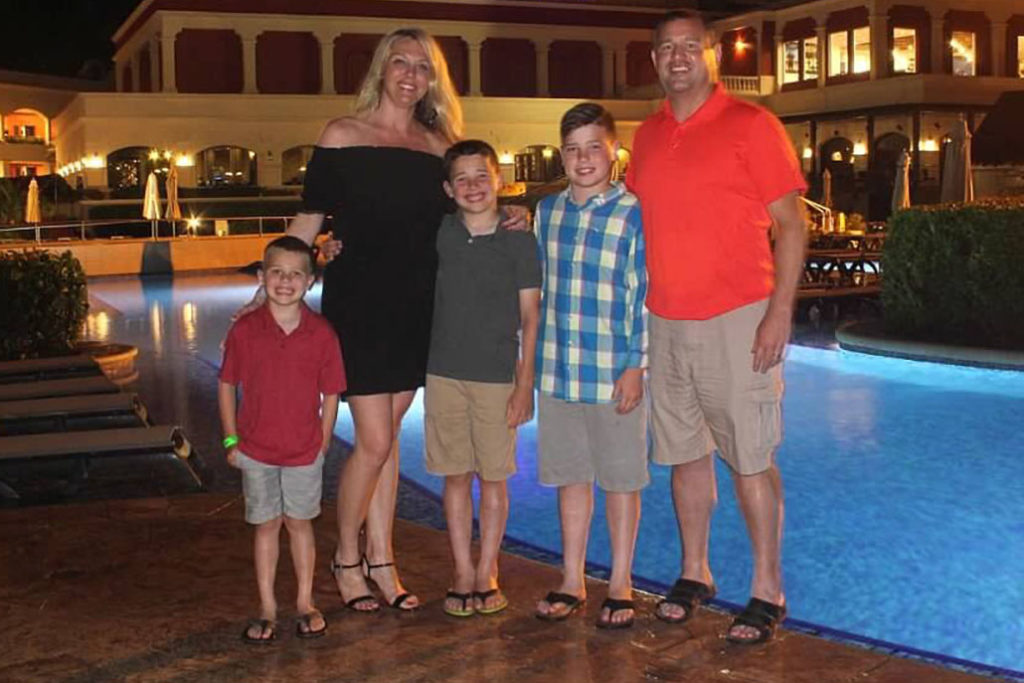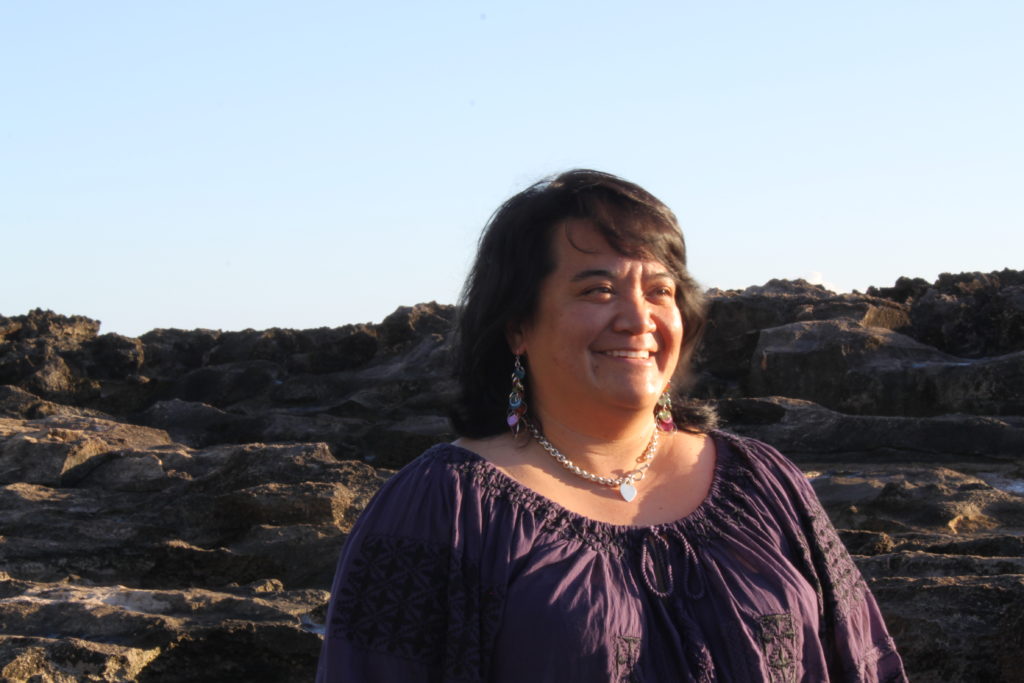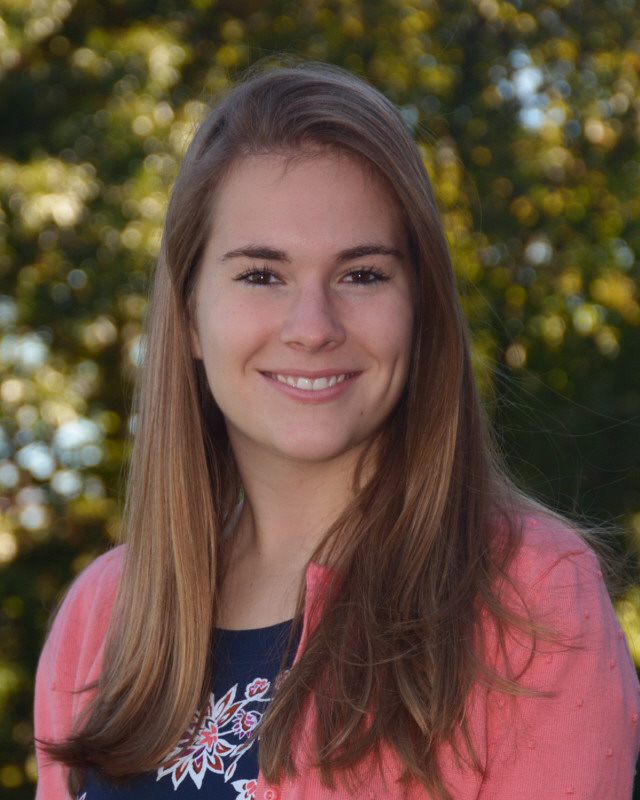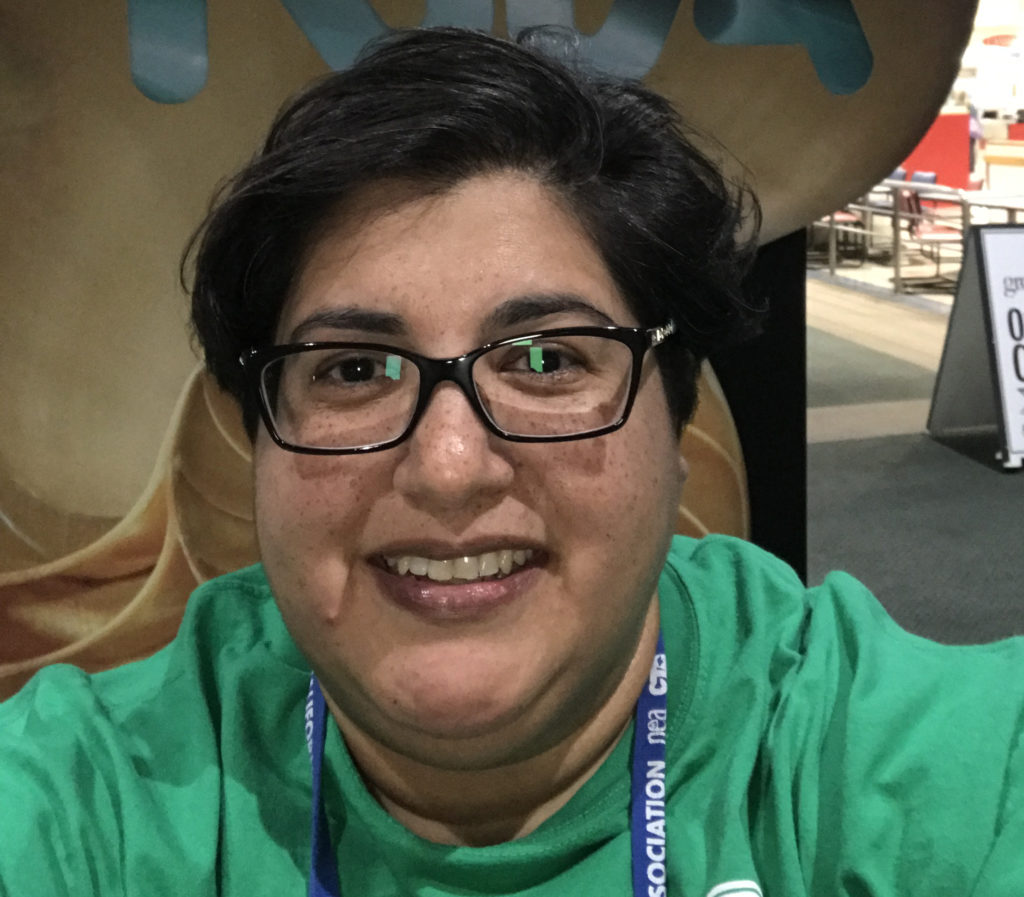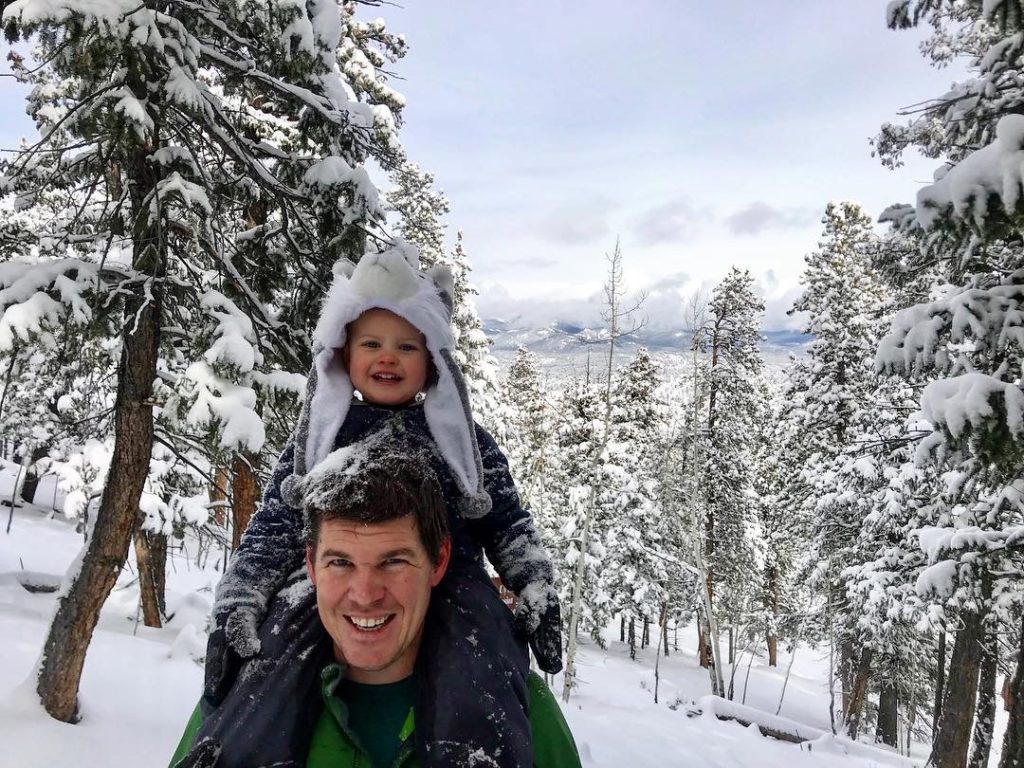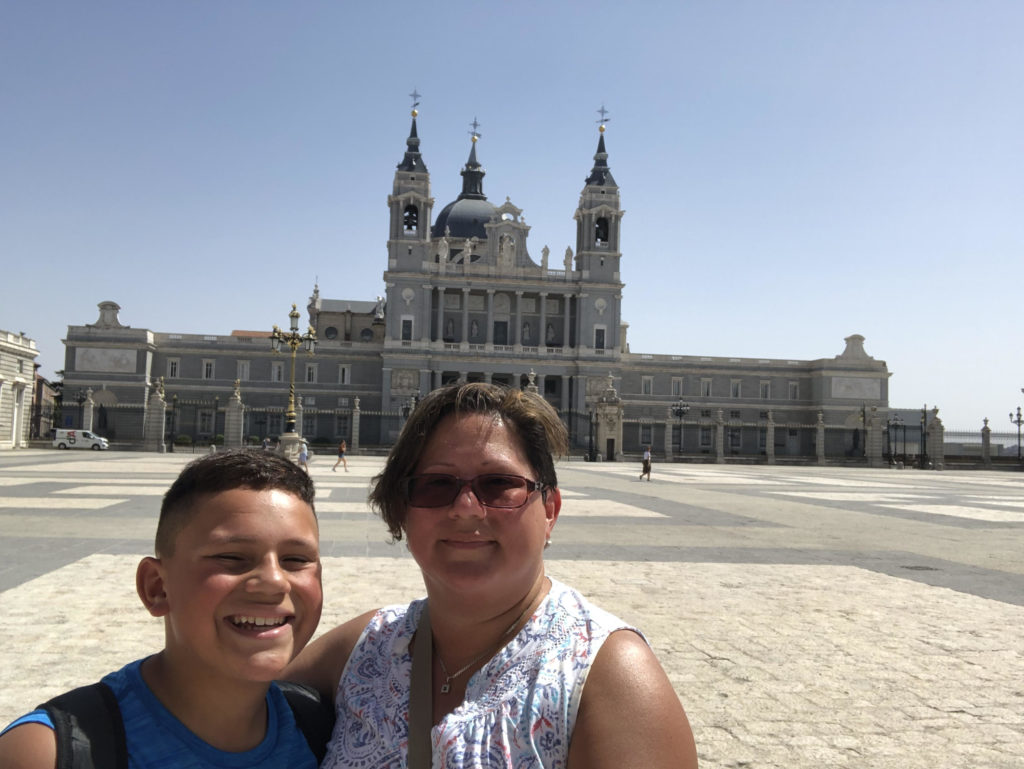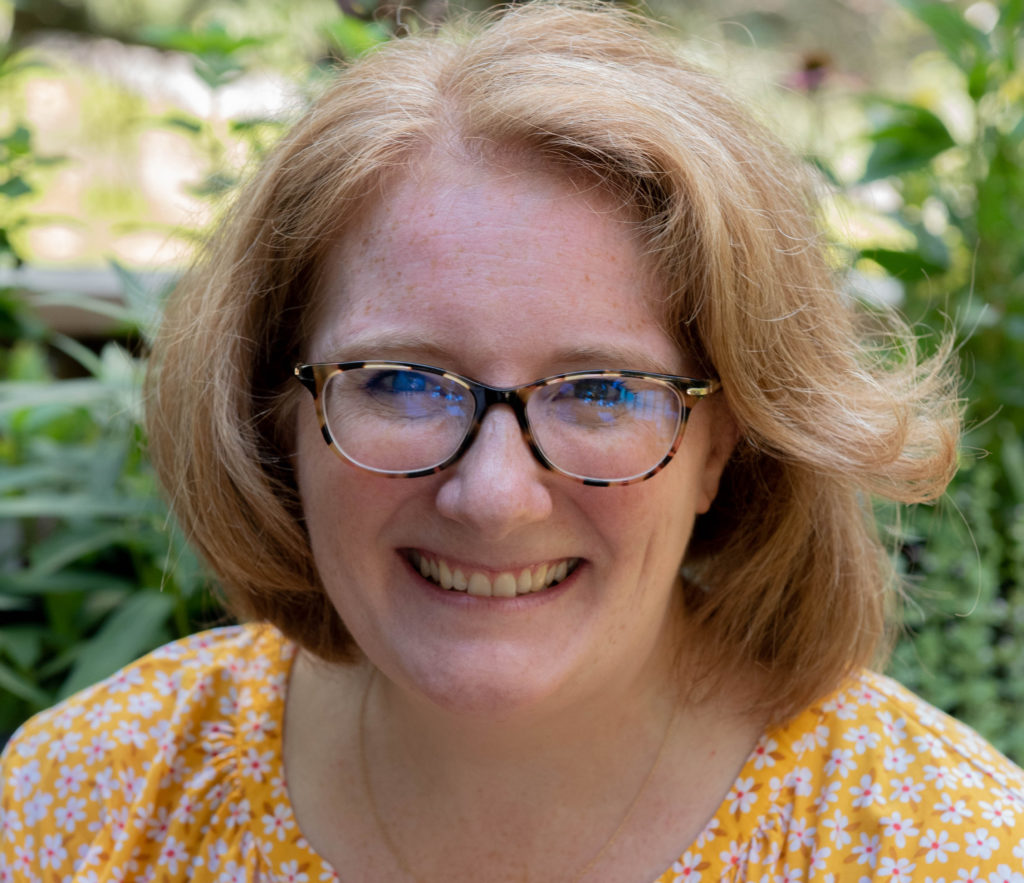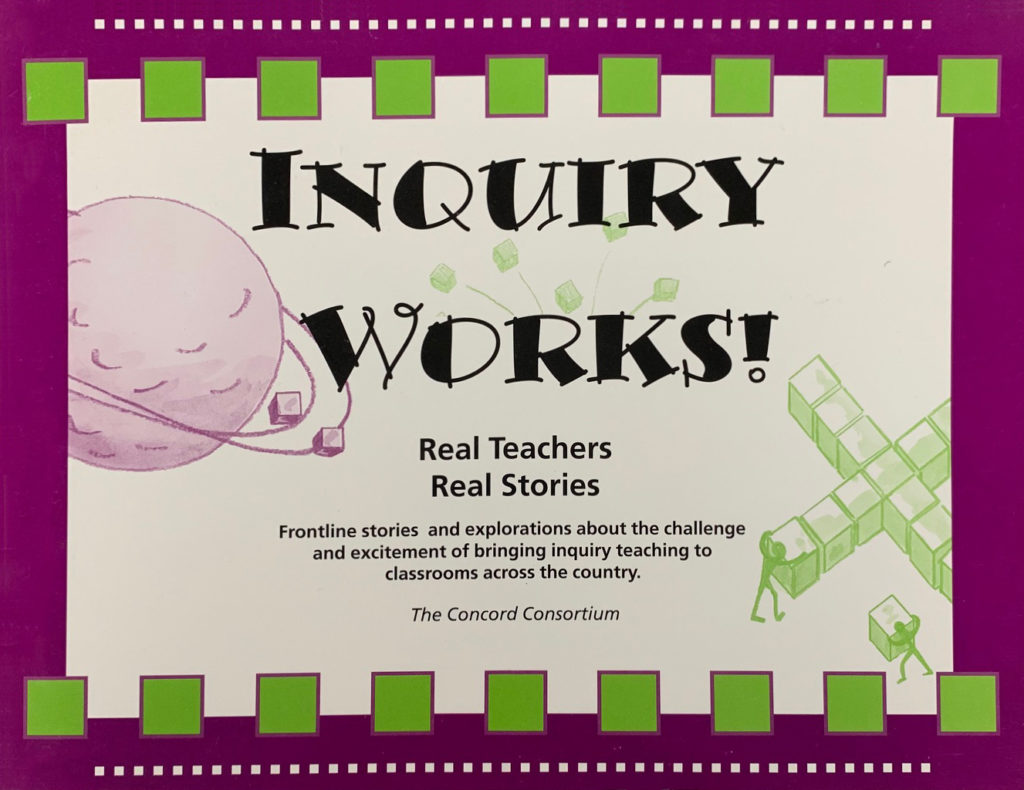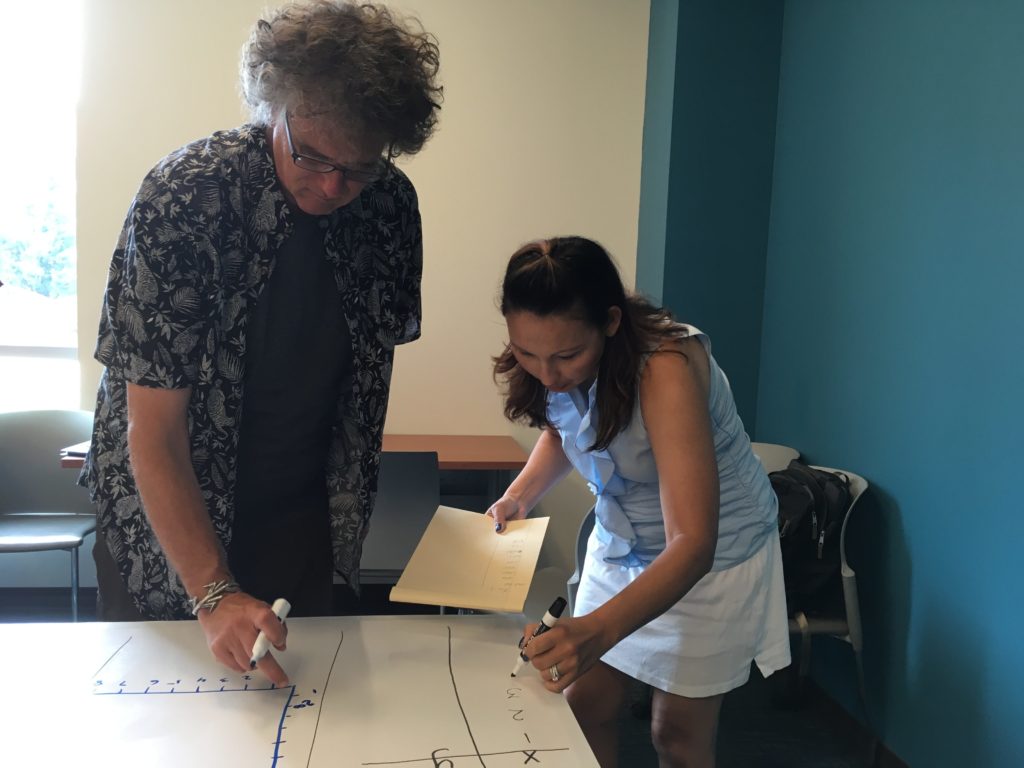Category: About Us
Mason Converse admits that he gets a fair number of “funny looks” when he introduces himself at conferences. He’s both a science teacher and the head football coach at Harper Creek High School, which comes as a surprise to a number of people.
Before turning to teaching 9-11th grade, Toni Kaui spent ten years as an architect designing houses for wealthy homeowners. It did not inspire her. “I switched careers because I was tired of all the wasted resources,” she explains. Teaching had “more rewarding outcomes.” For her and for her students.
Alison Pflanz is excited by the abundance of different educational technology resources available online. She exclaims, “There is so much room for growth and learning for teachers and students to make each school day the best it possibly can be!”
The Akers School is on the relatively remote Lemoore Naval Air Station located halfway between San Francisco and Los Angeles, in the heart of the San Joaquin Valley, an important agricultural region. Karla Orosco has been teaching 7th grade integrated science classes and electives for 18 years to Akers students who come from all over the U.S., as well as all over the world—Japan, Guam, the Philippines, and European bases.
“We wondered when you’d figure it out.” Once David Oyler decided to be a teacher, his friends and colleagues wondered what had taken him so long. They understood his heart lay in teaching long before he did.
Barbara Algarin was a chemistry major who also tutored other students in chemistry while in college and afterwards. “I had always dreamed of becoming a veterinarian, but I felt I was good at helping others in school. Then my mom mentioned that New York City was looking for people to become teachers,” she explains. Feeling at a crossroads and wanting a change, Barbara applied for a New York City Teaching Fellowship, a program that prepares applicants to teach high-needs subjects such as science in New York City classrooms. The first time she applied, they lost her application. She persisted, and applied again the following year and was accepted.
Christine Fernandes began as a horticulture major at Pennsylvania State University, but transferred to agricultural education so she could become a teacher. She absolutely loves her career choice. She learned about the Concord Consortium through a listserv from her alma mater. We’re collaborating with Penn State on our GEODE project to develop new geodynamic plate tectonic modeling software for middle school students. The software is designed to allow students to observe and describe the formation of surface geologic features in terms of plate interactions. Christine explains, “It really clicked for the students, seeing what was happening below the ground in relation to the size and magnitude of the earthquakes along the western coast of South America.”
We started in a quaint but nondescript little bungalow with brown siding on a street named after Concord’s hometown boy: Henry David Thoreau. The incongruous sign out front announced: “educational technology lab.” At the time, it was anyone’s guess what that was. It was 1994 and the beginning of the Concord Consortium. In the historical […]
“Getting out of the classroom and into the world.” That’s the most exciting thing about education today, explains Andrew Njaa. A philosophy major at a liberal arts college isn’t the most obvious path to teaching physics. But after graduating from St. John’s College in Santa Fe in 1984, a new fellowship collaboration between St. John’s, the University of New Mexico, and Santa Fe Public Schools changed the course of his career plans. Andrew completed an internship learning how to teach and teaching math at Santa Fe Technical High School. He was convinced that he wanted to be in the classroom.
While a sophomore at Ithaca College, Julia LaCava wrote a novel in a month. Though she had written full-length scripts for homework, this was not a typical class assignment. She had had a story in her head for over a year, complete with a storyboard of all the characters’ emotions and playlists of songs that […]
